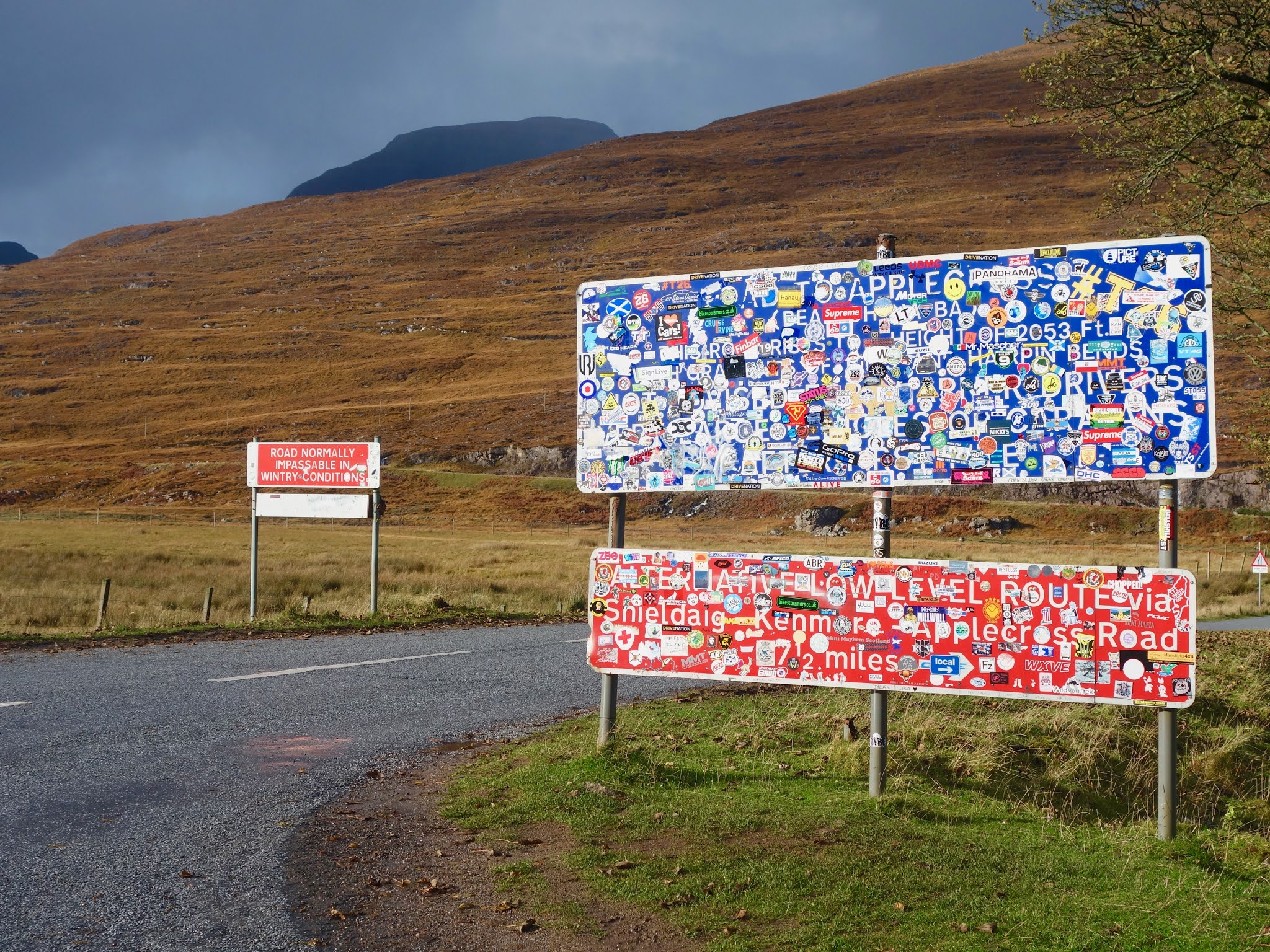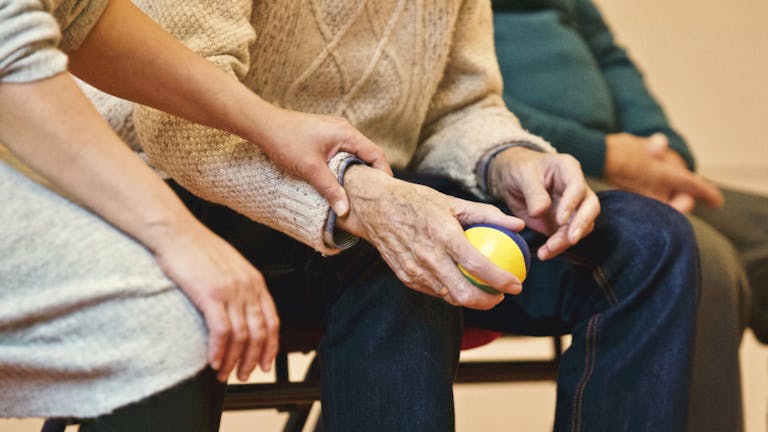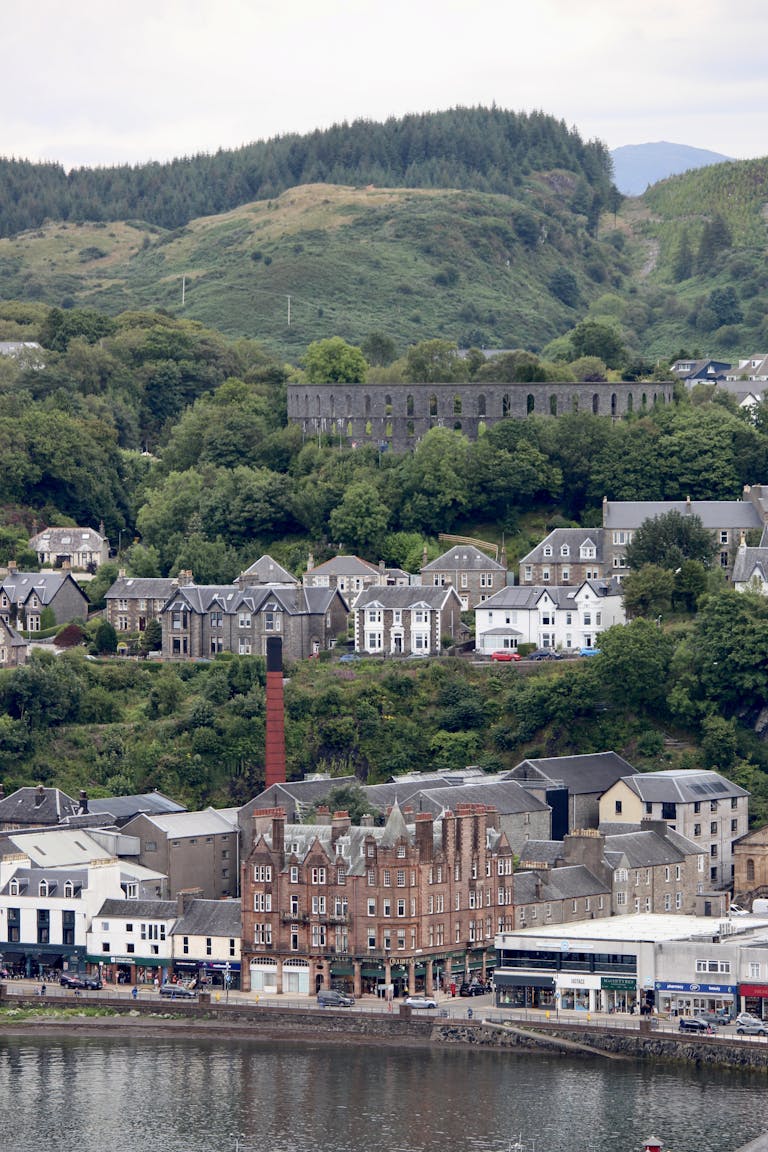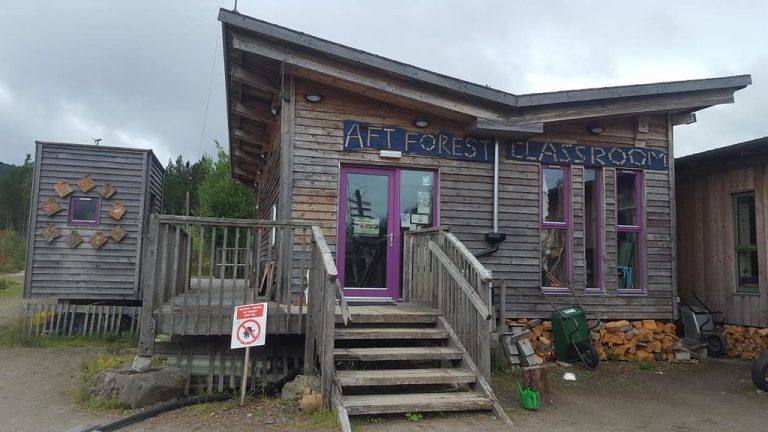Why Rural Scotland needs a new solution – Ann McGuinness
Steeped in history and surrounded by natural beauty, our rural communities are often fawned over and fantasised about by inhabitants of our towns and cities, where the promise of an idyllic holiday, or perhaps even retirement, awaits.
Yet these are places filled with people carrying on with their everyday lives.
Living, working and learning in a rural community has challenges that city dwellers would rarely consider and throughout Scotland you will find villages and communities many miles from the centres of power, whose needs have been forgotten.
Services, such as health and education are more distant, and there is a lack of choice. It can take hours to drive (or be driven) to a healthcare appointment, not to mention the potential for ferry disruption. Prices in local shops are 25% higher than in the big supermarkets, for the identical product. Many jobs, particularly for young people, are seasonal and/or low paid, with little opportunity for career progression. Child-care is difficult to access, particularly during school holidays or for children with additional support needs. Public transport, where it exists at all, is expensive, rarely goes where you need it to and is not regular enough to depend upon for work or college. These challenges are felt most acutely by our young, those with low incomes, and those with multiple health needs or caring responsibilities who are statistically more likely to be women.
These stories will be told across rural Scotland but it is easy to forget the diversity of our rural communities; while over-tourism is affecting Skye and communities on the North Coast 500, under-tourism affects communities in Clydesdale and pockets of Dumfries and Galloway. Ferry delays are crippling for our island communities and frankly impossible to understand for those of us living and working on the mainland. In some areas housing costs are soaring as ‘second-homers’ snap up every available property, leaving locals with nowhere to call home, while other communities suffer from such chronic high unemployment that the kids are moving to the big cities as soon as they can. In both cases leaving ageing populations, crippled local services and a community struggling to remain viable.
A new system of local government has always been at the top of the rural and island agenda. In 2014, at the very first Scottish Rural and Island Parliament (a biennial gathering of rural communities, organisations and citizens) we called for governance reform. This was reiterated in 2016, 2018, 2021 and again in 2023. Our rural people who know the challenges best also know that the only way to create an equitable solution is to redesign the system and put power in the hands of our local people.
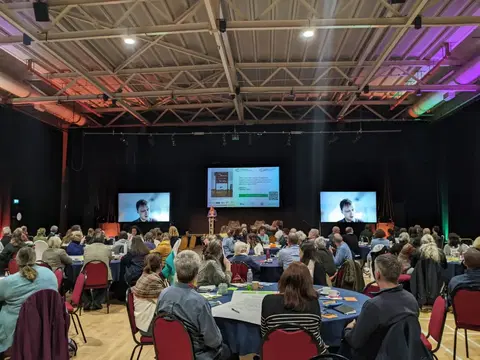
The fact is, our local government structures are designed for urban areas. They struggle to cope with the vast geographical distances and small population centres of rural Scotland. They fail to understand the complexity and nuance of communities and lives embedded in rural. This creates a system that is not only unequal, but is unjust. The one-size-fits-all approach to local government overlooks the specific needs of our rural communities in all their varieties. As we face seemingly endless austerity this disconnect has exacerbated the existing challenges leading to more service cuts and further depopulation.
And while we face the climate and nature emergencies our rural communities will be at the heart of the solutions we need. From rewilding and carbon sequestration to electricity production, our rural communities are already playing a crucial part. Yet the feeling in rural Scotland is that these are imposed from above rather than built from within. The details provided by Mike Danson in his essay are a reminder of the economic imbalance imposed on our rural places.
Yet – as often highlighted, our rural communities have the answers. Across the country we see inspirational projects and revolutionary campaigns led by passionate and capable local people, indeed some have already been mentioned by other contributors. Just as self-employment rates are higher in rural areas, so community development trusts and social enterprises are more common as rural people rise to the challenge and create their own solutions. The campaigns undertaken by these groups of locals can take decades, face many legislative, administrative and financial hurdles and yet, the locals don’t give up, they persevere and improve places and lives.
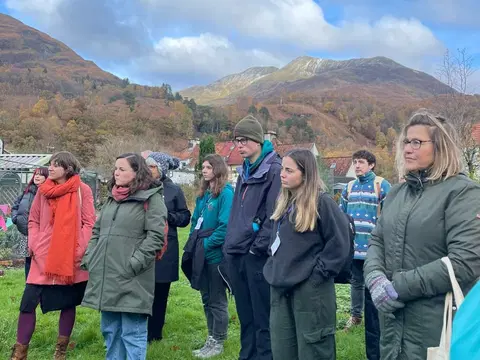
However, this ‘pull-yourself-up-by-the-bootstraps’ approach is not a sustainable way of solving rural problems, and in some places it is creating further disparity. Less well off areas, which do not lack the ability, often lack the capacity to create and run such trusts and elongated campaigns. They have the ambition and the wherewithal. They certainly know the solutions but they are less likely to have the critical mass of people with time and professional expertise. What these communities need is not the token administrative role of community councils with no real teeth, but a support structure, administrative assistance, proper funding and proper power to make decisions for their communities, and to improve lives.
In these less affluent areas, often referred to as areas of multiple deprivation it is so often the women putting in the volunteer hours to keep our community cafes, play-groups, tea-dances and warm hubs going in our village halls. These are the people who create, build and strengthen their community, and they know their communities best and know the solutions to the issues. Why then are women’s voices underrepresented at decision making level? – only 35% of councillors are women. The expertise exists, not only in our local volunteers, women also make up 75% of council employees and 70% of third-sector employees. If only our system of local democracy was designed in a way that equal representation was achieved at decision making level.
A new system of local governance is needed, one which both supports and empowers our communities to make their places better, one where women can achieve equal representation at the decision making level, one where local economies are strengthened and lives improved. A new version of local government is not a nice-to-have, it is an essential!
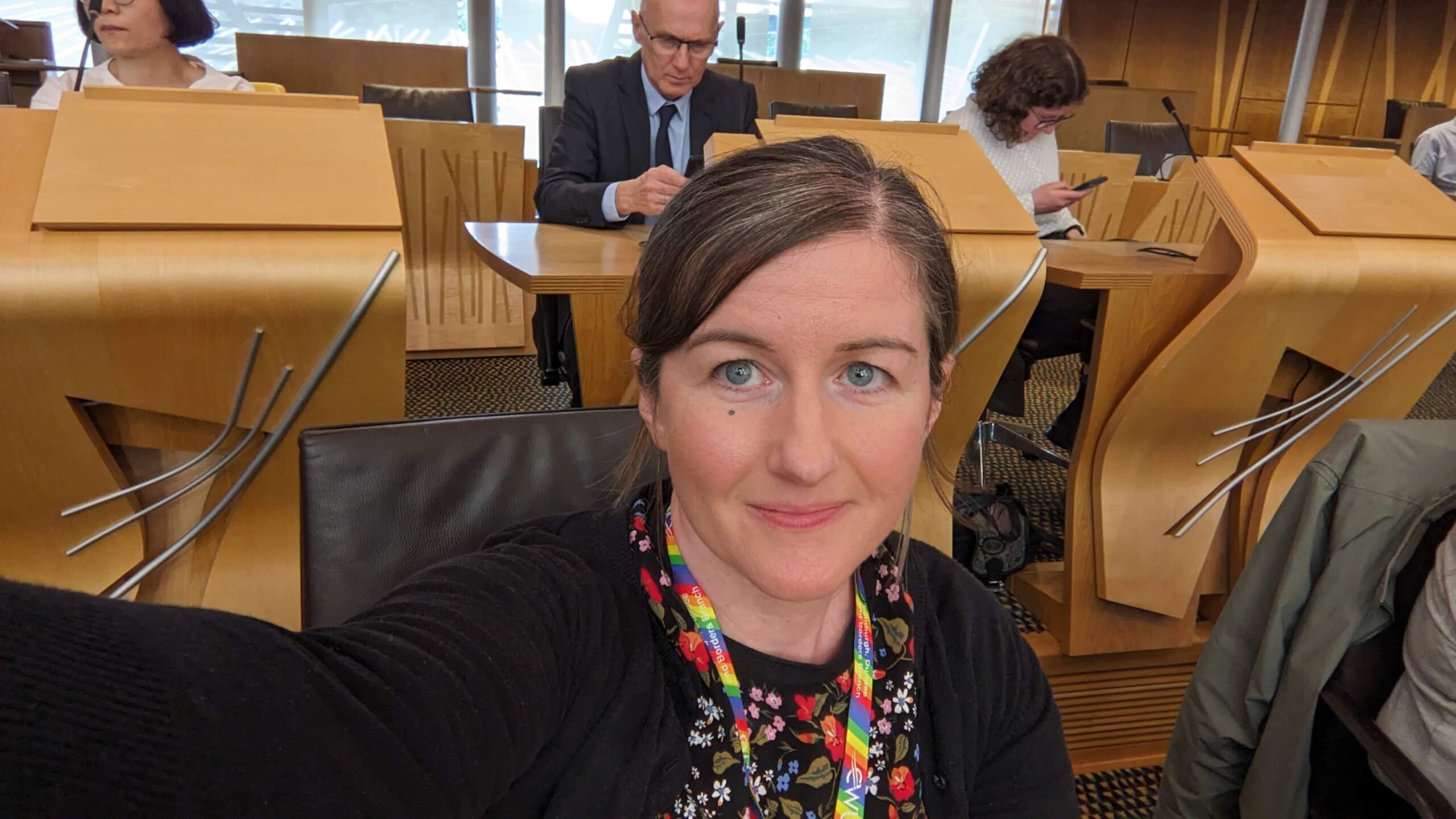
Ann McGuinness is a feminist campaigner and political activist. she has spoken out on issues such as climate change, poverty eradication, and on both gender and LGBTQ+ equality. Ann sits on the board of directors for Scottish Rural Action and is co-convener of the Scottish Greens’ Woman’s Network where she is focused on addressing systemic causes of gender inequality within the political sphere.

